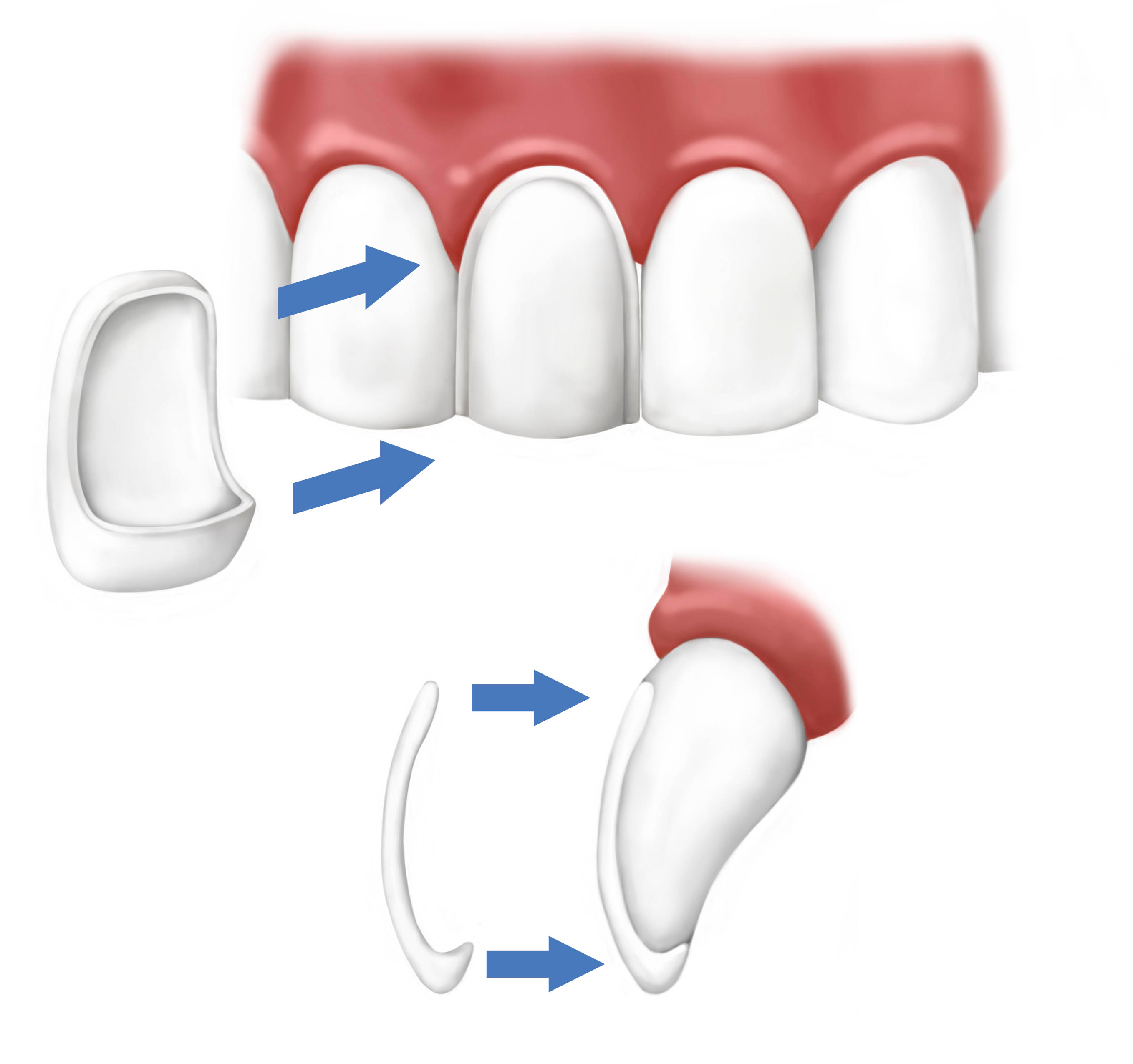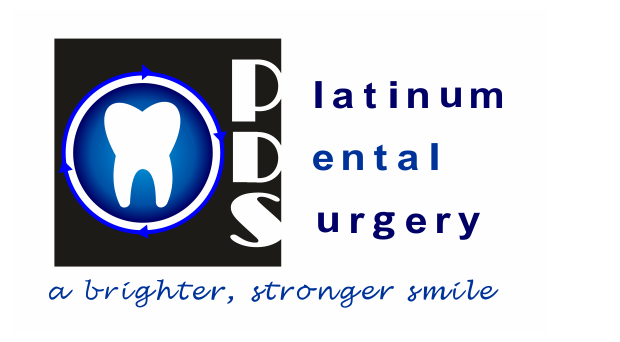Veneers Vs Crown: Which One Is Better or Most Appropriate
When considering the health of your teeth, you may have considered how your appearance would change with an improved smile. Some teeth may only be experiencing some discoloration, while others are chipped and need serious repairing in order to appear healthy and bright.
In most cases, the options presented by a dentist is either veneers or dental crown. In both cases, you appear to be white, strong and vibrant. They both can provide you with a healthier looking smile. But determining which alternative is best for you is based on the condition of your own natural teeth.
Veneers

Veneers are porcelain coverings for the teeth. They are thin but tough, as they adhere to the front of the teeth. This means that only the appearance of the teeth from a frontal view is altered with the use of veneers. The tooth does not need to be filed down or altered in any way for the veneers to fit comfortably, they are simply affixed with adhesive and shaped to fit the molding of the mouth.
In order for veneers to be installed, the tooth must be fully intact. Veneers are good for covering discolorations, insignificant ships, and uneven teeth. The end result is a perfectly white smile that is aligned evenly in order to give a perfect appearance. The porcelain is stainless, therefore preventing the accumulation of stains in the way that our natural teeth do. This makes the veneers appear white for an unlimited time, given the confidence of being able to smile day after day, year after year, and have the same stunning appearance.
Dental Crowns

Dental crowns are much different from veneers, as they are installed differently. When crowns are installed in the mouth, the shell of the crown encompasses the entire tooth. The crown goes over the entire tooth like a physic, reaching all the way down to the gum line in order to protect the tooth. Unlike veneers, the tooth does not need to be fully intact in order for a dental crown to be installed. Benefits of Same Day Crowns
As a matter of fact, dental crowns are preferred when teeth towards the back of the mouth have severe cavities or are significantly chipped. The rotted portions of the tooth are removed with age real in order to prevent bacteria from accumulating underneath the crown. Once all of the decaying portions of the tooth have been removed, the dental crown is placed to fit over the tooth tightly so that it does not easily come off while eating.
Not only does the dental crown protect the natural tooth, and can prevent the tooth from having to be extracted fully due to the condition of the tooth. As long as there is enough tooth intact around the circumference in order for the crown to be attached securely, it does not matter what condition the natural tooth is. The dental crown will act as a barrier between food and the tooth, preventing clue particles from becoming trapped in the smallest crevices of the decaying tooth. While this option is not preferred over veneers, it is a suitable alternative for those who teeth are not strong enough or intact enough to support a veneer. All in all, the crown accomplishes the same goal: the appearance of healthy, white teeth.
Which One Is Better or Most Appropriate
After weighing the options, you may find that veneers are easier and quicker to have installed, but in the case that your teeth are severely damaged and a veneer cannot be affixed to the teeth comfortably, a dental crown may be the only option that is suitable. In the case that a dentist must assess why and who needs dental implant services, a tooth that is not intact enough for veneers or a dental crown may need to be extracted and replaced with false teeth altogether.
While dentist always strives to save the natural teeth as much as possible and use a crown or veneer to change the appearance of the teeth, a dental implant is the only solution for teeth that have serious decay that had decayed the tooth beyond cosmetic repair for appearance sake. Otherwise, veneers are god options when the front of the teeth need attention and crowns are most appropriate for moderately damaged teeth.



John iyke
Message *to lengthen the front teeth in order to improve an open bite which one is preferable. Tnks. John from isolo lagos